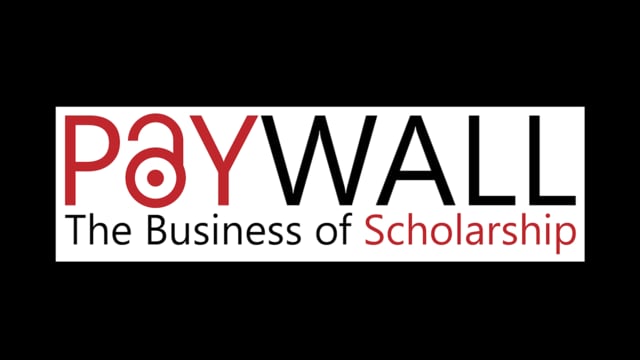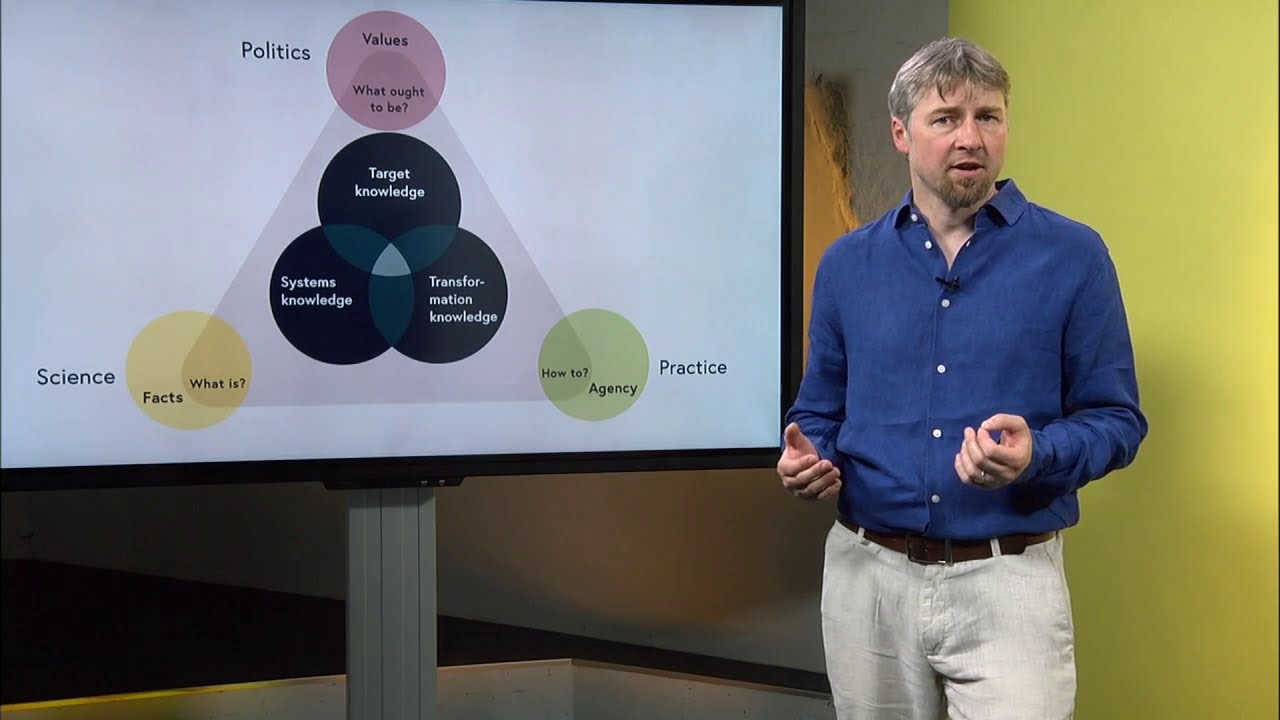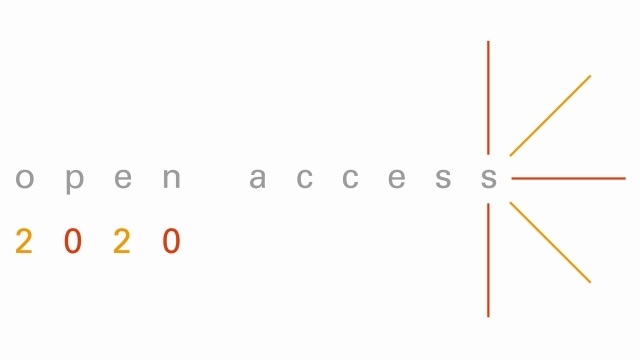
Open access to scholarly knowledge in the digital era (chapter 5.2): The platformisation of open
This article is chapter 5.2 in section 5 of a series of articles summarising the book Reassembling Scholarly Communications: Histories, Infrastructures, and Global Politics of Open Access.
In the second chapter of the infrastructures and platforms section, Penny C. S. Andrews conducts an examination of the ways in which new technological constructions function as platforms, enclosing and elevating the scholarship that is platformed. This, though, comes with a dark side.
In the chapter, the term “open” is used to cover various forms of open practice (open access, open data, open knowledge, open source, open science, open government, open research, and so on) in order to be able to speak to the broader issues in the knowledge space than concentrating on open access or open science, in isolation, would allow.
Historically, a platform was a computer system on which other services could be built. Now, it is used to mean any computational service, but particularly social networking services and “open” tools and services. What were once termed “Web 2.0,” “new media,” and “apps,” have been amalgamated into a single, less quickly outdated term: platform. Alongside the development of new platforms, organizations have been undergoing a process of what has been dubbed “platformization” – which has multiple definitions.
Andrews alerts that while it can be argued that research-sharing infrastructures and open tools and services are engaging with all these senses of platforms and platformization, the biggest players in academic publishing and scholarly communication are also building suites of products based on data sharing and acting as intermediaries between libraries, universities, researchers, and the public. Platforms rarely have open and transparent governance, so anyone who controls access to data, including these academic publishers, can also remove that data as it suits them. Because of this, Andrews takes a pluralist approach to definitions of platformization.
Platformization can also be a route to (positive and negative) disruption of markets, and monopolization/oligopolization. Andrews asks us to consider the example of platformization in the form of the platform economy. The best-known examples, Airbnb and Uber, have disrupted the hotel and taxi industries respectively, while being funded by venture capital connected to political power. They dominate their domains. Andrews contends that the disruptive effects and funding models of academic publishing platforms are often not so different from the lifestyle brands of the platform economy.
Scholarly communication platforms with a social networking element play the same game as Facebook, Google, Snapchat and other big companies, in that they monetize user behavior via new products and metrics.
Platforms are not a new concept for open, and arXiv, PubMed, and other long-standing subject repositories for open content fit the definition of platforms. However, Andrews observes that more disruptive elements of platforms have entered the open domain in the past 10 years, including many for-profit, publisher-acquired and venture capital funded entities.
One approach to developing new services for open practices has been the platformization, digitizing, and scaling of existing tools and practices such as reference and paper management, lab notebooks, collaborative databases, and the sharing of research outputs.
Another approach has been the creation of new platforms that solve user problems, serve new communities, and bring innovation to scholarly communication – a useful form of disruption. Some platforms go further, in a form of “technosolutionism,” looking to remove friction and add technology to every process to make it more efficient.
The final form of platformization in open is scholar-owned, hosted and/or run platforms, with different funding models and using different technological solutions and partners. For example, the Open Library of the Humanities (OLH) has developed its own scholarly platform in Janeway.
Some funding and governance models in this form of platformization are more stable and sustainable than others. Against the commercial imperatives, the principles of platform cooperativism pose an alternative, encouraging a values-driven approach that could lead to greater sustainability. The seven cooperative principles, also adopted by platform cooperativism, are:
- Voluntary and open membership.
- Democratic member control.
- Member economic participation.
- Autonomy and independence.
- Education, training, and information.
- Cooperation among cooperatives.
- Concern for community.
The principles are supported by two sets of values:
Cooperative values
- self-help
- self-responsibility
- democracy
- equality
- equity
- solidarity.
Ethical values
- honesty
- openness
- social responsibility
- caring for others.
These values and principles seem to accord with those of many scholars, librarians, and educators involved in open, but Andrews alerts that for-profit publishers and platforms are geared toward competition rather than community and equitable participation in the scholarly commons. The principles of freedom to contribute and freedom to be read are aspects that more “responsible” not-for-profit open platforms need to consider, even if the founders of those platforms may initially struggle with the idea of a cooperative-based commons where every participant has ownership.
Recently, there have been calls for scholars to delete their accounts on the for-profit platforms Academia.edu and ResearchGate. But Andrews argues that assuming a gatekeeper position by policing copyright and embargoes for legacy publishers or insisting that particular platforms are not open enough is not necessarily a helpful direction for librarians and open activists to take. It’s also all very well for a full-time academic librarian or white male full professor on a secure contract to criticize scholars for using for-profit platforms or to talk about the “Uberfication” of the university, but it’s a different story for those fighting for a permanent, full-time academic post while working several precarious, fractional jobs.
Andrews warns that it is also important not to ignore the role of vertical integration and acquisition as platformization strategies. The “Fourth Industrial Revolution” or 4IR concerns the financialization of data, via pipelines and workflows or control of the data sources themselves. To succeed under contemporary capital, “platform capitalism” means being abreast of trends inside and outside a sector and being agile enough to transform businesses before they are left behind. In open, two large corporations have done very well out of responding to 4IR, and not just when it comes to their scholarly communication segments.
Elsevier’s parent company, RELX, has divested itself of print magazines and acquired and developed products around legal technology, predictive policing, risk management and scoring, and health education. Most importantly, they are data brokers and data service providers for a range of sectors. RELX also has a start-up incubator and a venture capital arm that invests in Palantir, a software company controversial for its involvement in deportations in the US, military intelligence, surveillance of US citizens, and other privacy-invasive work in the public and private sectors. Elsevier and other RELX group acquisitions show a clear desire to capture multiple workflows from end to end in various sectors, including academia.
While Elsevier is the most obvious example of platformization, oligopolization, and data control in this space, especially with the company’s connections to others in the group, it is not alone in scholarly communication and, therefore, open. Clarivate Analytics, the company formed when the intellectual property and services part of Thomson Reuters was sold off to venture capital firms, has been acquiring additional emerging platforms and occupies a similar “workflow capture” space.
Andrews states that it is finally worth addressing the role of funders in the platformization of open. Large funders have invested heavily in commercial as well as not-for-profit open platforms, such as ResearchGate and F1000. Funder requirements (with consequences) have been the only successful instrument so far for ensuring researcher compliance with open-access and open-data mandates.
The question remains though: is a sector that is reliant on venture capital plus large funders plus the public sector a mixed economy, or a platformized accident waiting to happen? Andrews advises that full stakeholder involvement is required in finding a solution, and researchers must not be outweighed by the views of proxy groups such as learned societies, whose statements reflect their connections to big publishers and their need for income to carry out their work.
Next part (chapter 5.3): Reading scholarship digitally.
Article source: This article is an edited summary of Chapter 181 of the book Reassembling scholarly communications: Histories, infrastructures, and global politics of Open Access2 which has been published by MIT Press under a CC BY 4.0 Creative Commons license.
Acknowledgements: This summary has been prepared with the assistance of Wordtune Read.
Article license: This article is published under a CC BY 4.0 Creative Commons license.
References:
- Andrews, P. C. S. (2020). The Platformization of Open. In Eve, M. P., & Gray, J. (Eds.) Reassembling scholarly communications: Histories, infrastructures, and global politics of Open Access. MIT Press. ↩
- Eve, M. P., & Gray, J. (Eds.) (2020). Reassembling scholarly communications: Histories, infrastructures, and global politics of Open Access. MIT Press. ↩






